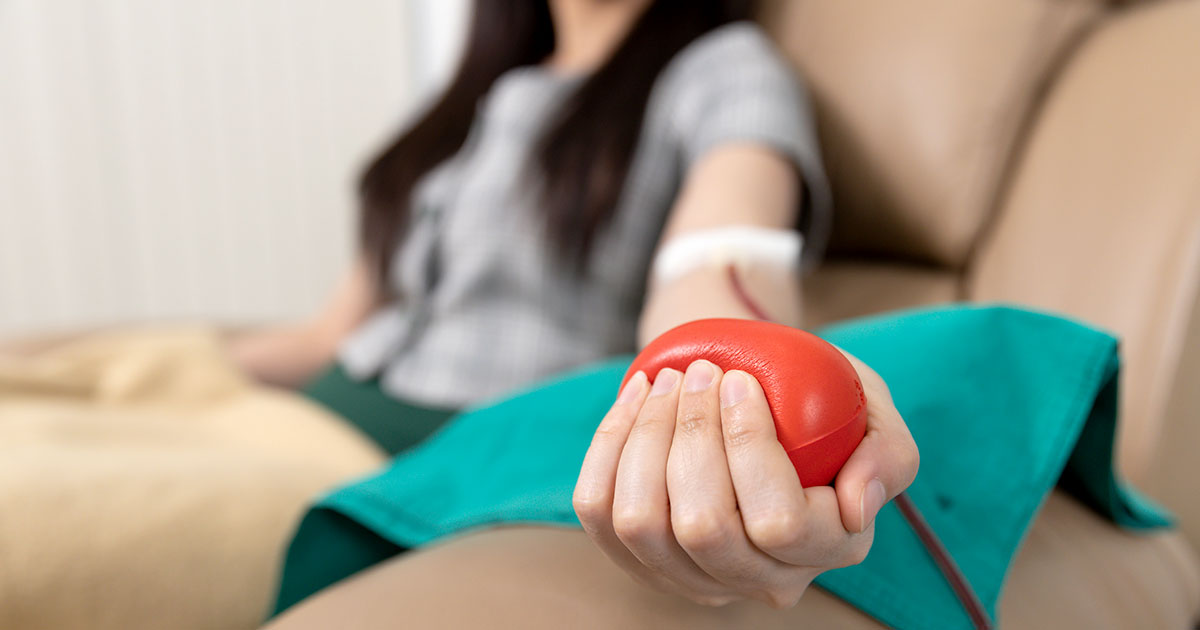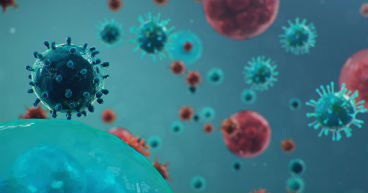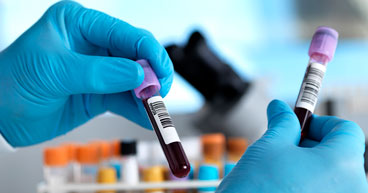
Giving blood is one of the easiest and most effective ways to help save a life. Yet only 3 percent of eligible Americans give blood.
Donated blood is a critical tool in cancer care. About 25 percent of all blood donated in the United States is used by cancer patients.
Because cancer patients and survivors understand how important blood donations are, many are eager to donate. If you are currently being treated for cancer, or if you had cancer in the past but are in remission, you may be wondering if you are eligible to be a blood or platelet donor.
This article covers the following common questions about donating blood as a cancer patient or survivor:
- Can you donate blood if you have cancer?
- Can cancer survivors donate blood?
- Are there groups of people who are not eligible to donate blood?
- Can cancer patients or survivors donate bone marrow or organs?
If you’ve been diagnosed with cancer and are interested in a second opinion on your diagnosis and treatment plan, call us or chat online with a member of our team.
Can you donate blood if you have cancer?
Unfortunately, if you are currently being treated for cancer, you cannot give blood or platelets. This is partly to minimize the very small chance that cancer cells could be passed on to someone else via the blood that you donate.
Can cancer survivors donate blood?
Most cancer survivors can give blood.
“In the case of cancers such as skin, cervical, colon, breast, stomach, prostate, lung, uterine, muscle and other solid tumors, many survivors can actually donate blood, plasma and platelets,” explains Lefan Zhuang, MD, Medical Director of the Blood Donor Center at City of Hope®.
Whether you are eligible depends on a few factors. These include what kind of cancer you had and when your treatment ended. In general, cancer survivors are eligible to give blood:
- 12 months after completing treatment for a cancer that causes solid tumors (i.e., not a blood cancer), if the cancer has not recurred.
- After recovering from successful treatment for certain lower-risk in situ cancers, such as squamous or basal cell skin cancer.
- After recovering from successful treatment for pre-cancerous conditions (i.e., stage 0 cancers).
If you are a cancer survivor and would like to give blood, it is always best to talk to your doctor or local blood donor center first, to determine whether you are eligible.
Are there groups of people who are not eligible to donate blood?
Some cancer survivors cannot give blood.
“People who have had a history of blood cancers, such as lymphoma, leukemia and myeloma, are not able to donate blood, even if they’ve been successfully treated,” Dr. Zhuang says.
Other groups who are not eligible to donate blood include:
- People who take medications to manage or suppress cancer
- Survivors of Kaposi syndrome
- People who have tested positive for HIV or have AIDS
- Those who have or have had hepatitis B or C
But, Dr. Zhuang adds, “patients and survivors deferred from donating can still contribute to blood donations by hosting blood drives and encouraging others to give blood.”
Can cancer patients or survivors donate bone marrow or organs?
Doctors consider many factors when determining whether a cancer patient or survivor can donate bone marrow or organs. These include the type of cancer you have or had, whether your cancer damaged your organs or bone marrow, and your overall health.
You may not donate bone marrow if:
- You have or had a type of blood cancer
- You received chemotherapy during treatment
- You received most kinds of radiation therapy during treatment
However, you may be able to be a bone marrow donor if you had a solid tumor cancer that was diagnosed more than five years ago, was treated successfully and has not recurred.
You may not donate organs if:
- You are a current patient and your cancer has spread
- The organ you wish to donate was damaged by your cancer
- You have poor overall health
While not every cancer patient or survivor is able to donate organs or bone marrow, many are eligible to give blood—which may be an equally lifesaving step.
“Only a small percentage of the eligible U.S. population donates blood each year and the numbers of donors have been decreasing over the years, so we need everyone’s help,” Dr. Zhuang says.
If you’ve been diagnosed with cancer and are interested in a second opinion on your diagnosis and treatment plan, call us or chat online with a member of our team.


